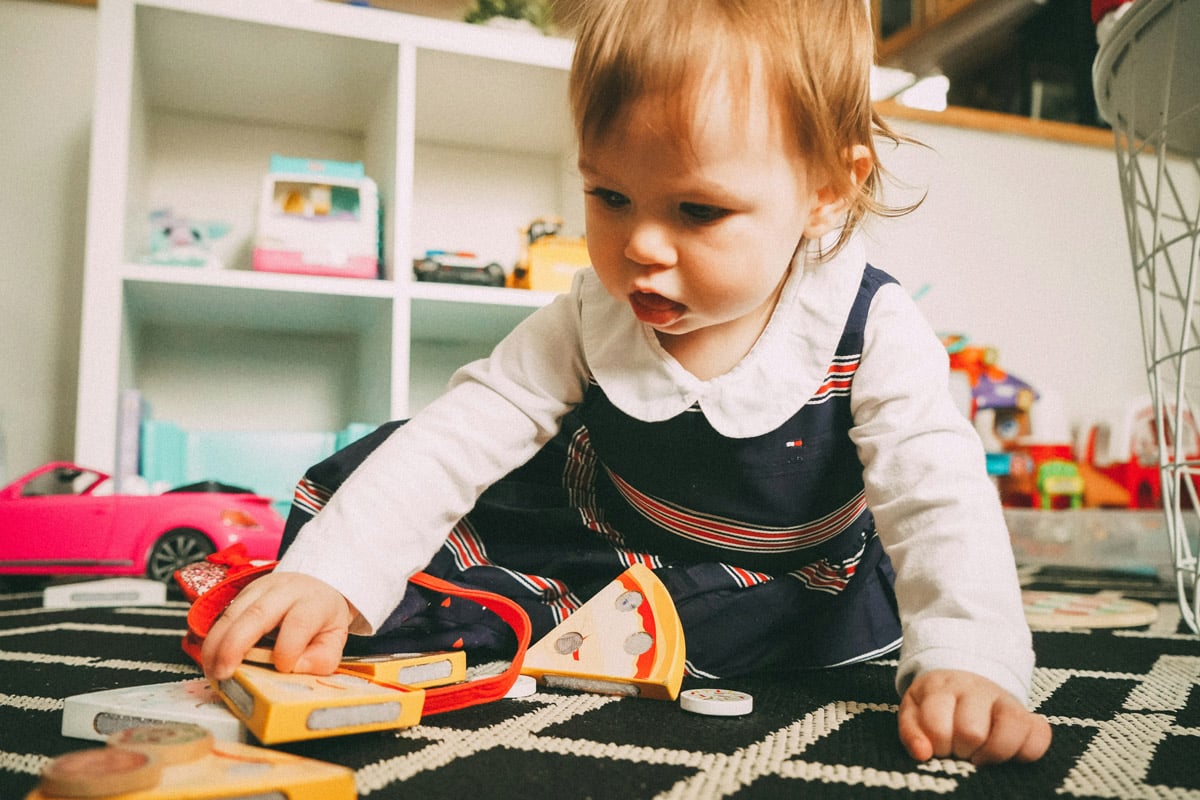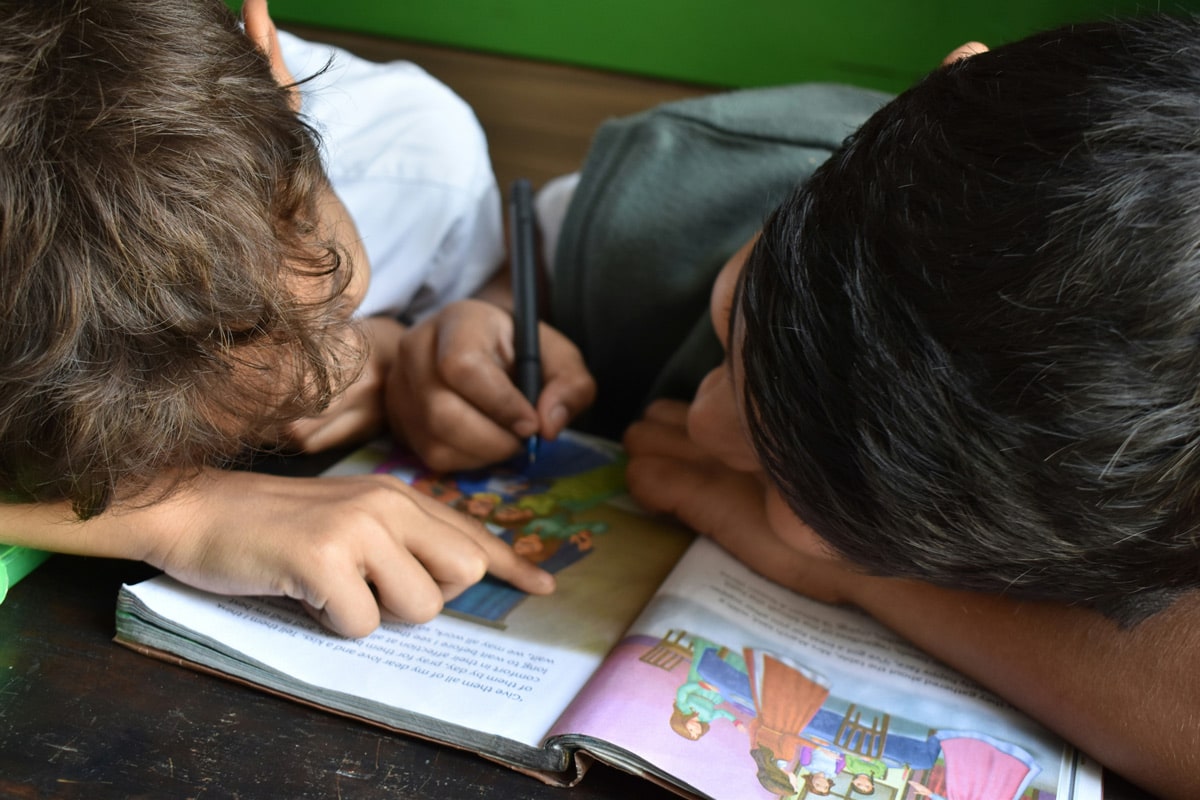Providing a safe space
Many of the children that go into foster care have not had a stable home life and have been exposed to substance abuse, general abuse or neglect.
Feelings of security and stability are very important, not only do they need a place to call home, they also need to feel at home. A foster parent needs to provide an ear to listen and make the child/children in their care feel wanted and listened to, as well as making sure they feel at home so they can thrive.
Providing love and support
Being placed in care can be a very traumatising experience for young people. They are taken away from what they know and have to meet lots of new adults and go to places that are foreign to them. Providing love and support is invaluable and helps children settle and feel more at ease. Nurturing them is a key component to children thriving better in later life.
Attending to their educational and health needs
Education is vital to a child’s development and it is important that getting taken into care doesn’t affect their school life and learning. Ways to support this include taking an active interest in their school life and liaising with the school to keep up to date.
Health needs, such as doctors and dentist appointments, and adequate access to medical care is also a role of a Foster parent. Teaching health and hygiene and promoting good health go hand-in-hand with this.
Managing children’s behaviour
All children go through a huge variety of different behaviours at different ages and stages in their development. Children in Foster Care come from varying backgrounds and sometimes challenging behaviour can be an issue. Negative past experiences can impact a child’s development and the way they cope with anger and sadness. This can be because they are vulnerable from trauma.
Patience and nurturing are key roles of a Foster Parent to try and help children learn how to deal with their emotions.
Encouraging contact where appropriate and attend meetings
With some foster placements, the end goal is to reunite children back with their birth family. Encouraging contact with their family helps to promote healthy contact and create a good relationship. This can be done by providing comfort and support and maintaining contact with Local Authorities and Social Workers, to work together for the child.



